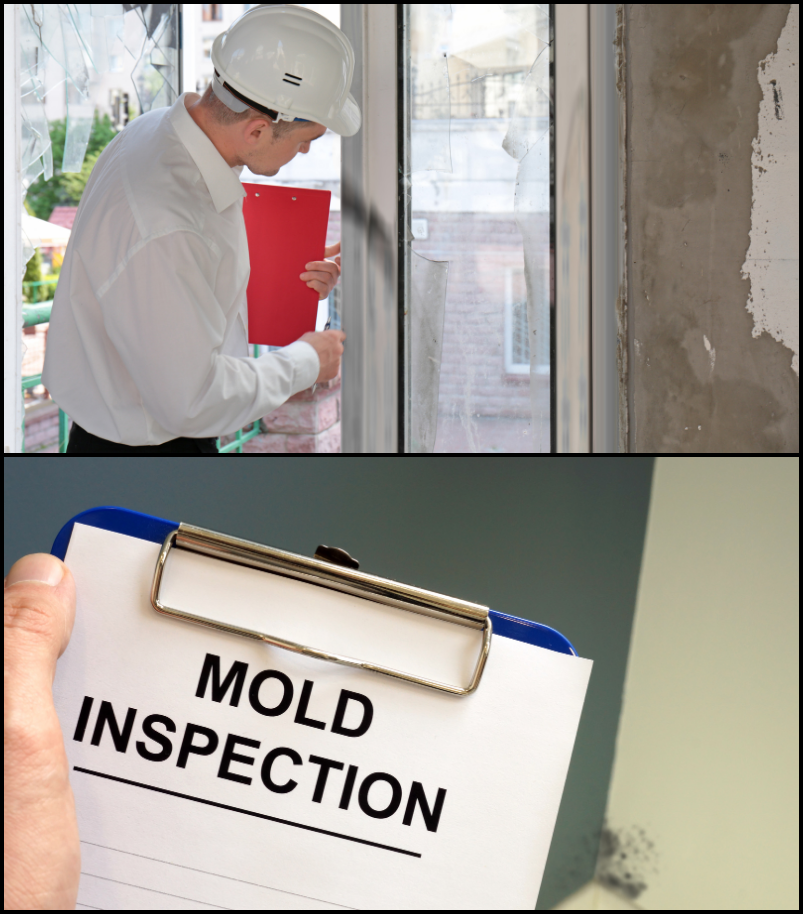Mold Testing in Quogue


The Importance of Mold Testing On Long Island
Professional Mold Inspection in Quogue
Residential
Commercial
Quogue is a charming village located on Long Island’s South Fork in Suffolk County, within the renowned Hamptons region. Known for its pristine beaches, elegant homes, and quiet, luxurious atmosphere, Quogue offers a peaceful retreat for both year-round residents and seasonal visitors. With a small population of about 1,000, Quogue is celebrated for its exclusivity, natural beauty, and tight-knit community. Its historic charm, combined with modern amenities, makes it one of the most desirable villages in the Hamptons. Quogue’s local economy is primarily driven by tourism, real estate, and seasonal rentals. The village is home to a range of high-end boutiques, restaurants, and galleries, as well as several local services catering to its affluent residents. However, Quogue maintains a quiet, residential vibe, with much of the activity centering around the village’s private homes and country clubs. The proximity to other Hamptons villages, such as Westhampton Beach, provides access to additional shopping, dining, and entertainment options without compromising Quogue’s tranquil environment.
One of the main attractions of Quogue is its beautiful oceanfront. Quogue Beach, with its soft white sands and serene waves, is a hidden gem for those who appreciate a quieter seaside experience compared to the more crowded Hamptons beaches. The village also features several private beach clubs, adding to its exclusive appeal. For nature lovers, the Quogue Wildlife Refuge is a highlight, offering over 300 acres of protected land with trails, ponds, and diverse wildlife. It’s a popular spot for hiking, birdwatching, and educational programs focused on conservation. Quogue enjoys the typical Hamptons climate, with warm, breezy summers and cooler, mild winters. Summer is the peak season, attracting visitors looking to enjoy the beaches, outdoor activities, and relaxed pace of life. The village’s coastal location moderates the weather, making it an ideal spot for outdoor activities year-round.
Our Mold Testing Services in Quogue
Our testing and inspection process includes the following steps:
Visual Mold Inspection:
Identifying any visible signs of mold growth.
Air Quality Testing:
Detecting mold spores in the air to assess indoor air quality.
Surface Testing:
Collecting samples from surfaces to confirm mold presence.
Moisture Mapping:
Pinpointing areas of potential water damage that may lead to mold growth.
Why Choose Long Island Mold Testing
Certified and Experienced
Local Experts
Fast & Reliable Service
Health-Focused Approach
FAQs
1. What is mold testing?
Mold testing involves inspecting a property for the presence of mold by collecting air or surface samples and analyzing them in a laboratory to determine if harmful mold is present and at what levels.
2. Why is mold testing important?
Mold testing helps identify hidden mold growth that can cause health issues, property damage, and decreased indoor air quality. It allows homeowners to take prompt action to remove mold and prevent further problems.
3. How do I know if I need mold testing?
If you notice visible mold, experience a musty odor, or suspect water damage (e.g., from flooding or leaks), mold testing is recommended. It’s also a good idea after purchasing a home, following major storms, or if household members experience unexplained health issues.
4. What types of mold are commonly found in homes?
Some common molds found in homes include Stachybotrys (black mold), Penicillium, Aspergillus, and Cladosporium. Testing can determine the specific types of mold present and assess the risks they may pose.
5. How is mold testing performed?
Mold testing typically involves collecting samples from the air, surfaces, or materials in your home. These samples are then analyzed in a lab to identify the types of mold present and their concentrations.
6. How long does mold testing take?
The actual testing process usually takes a few hours, but receiving lab results can take anywhere from 24 hours to a few days, depending on the type of testing and the laboratory used.
7. How much does mold testing cost?
The cost of mold testing varies depending on the size of the property, the extent of testing required, and the types of tests performed. Prices typically range from $300 to $600, but more comprehensive testing can cost more.
8. What should I do if mold is detected in my home?
If mold is found, you should contact a professional mold remediation company to safely remove it. It’s important to address the underlying cause of the mold (such as water leaks or high humidity) to prevent future growth.
9. Can I test for mold myself?
There are DIY mold testing kits available, but they may not be as reliable as professional testing. Professional mold inspectors are trained to locate hidden mold and provide more accurate assessments of the extent of the issue.
10. How can I prevent mold growth in my home?
To prevent mold growth, control indoor humidity levels, repair leaks promptly, ensure proper ventilation (especially in bathrooms and kitchens), and clean and dry areas affected by water damage as soon as possible.
11. Is all mold dangerous?
Not all mold is harmful, but certain types of mold can cause health issues, especially for individuals with allergies, asthma, or weakened immune systems. Professional testing can help determine if the mold in your home poses a risk.
12. How often should mold testing be done?
Mold testing should be done after water damage, if mold is visibly present, when moving into a new home, or if you notice unexplained health symptoms. Otherwise, periodic testing every few years can ensure your indoor air quality remains safe.